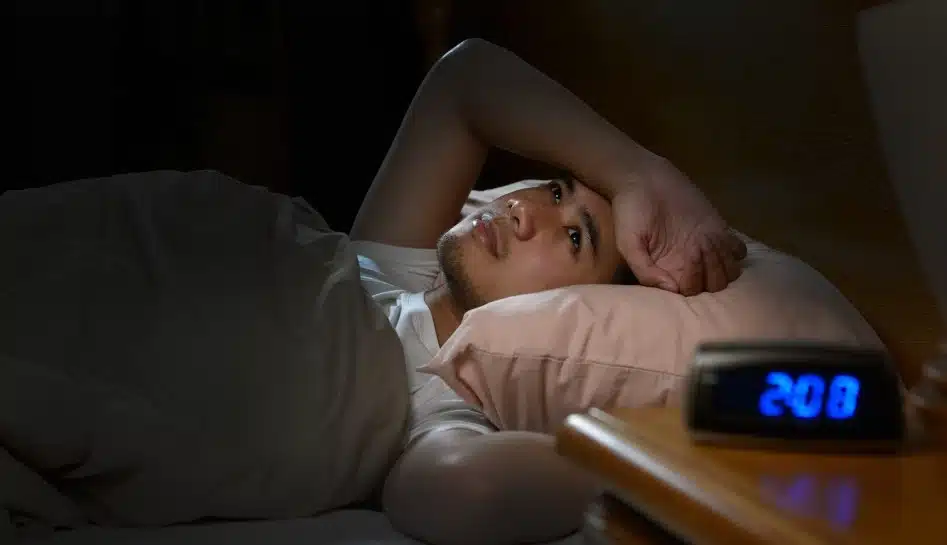The long sleep duration increases the risk of diabetic retinopathy whereas the lack of sleep or short sleep duration can lead to cataract, found the study published in Nature
Too much or too little sleep has often been associated with health issues such as hypertension, anxiety, heart disease and obesity to name a few. A new study has now revealed that disturbed sleeping patterns also affect vision.
The long sleep duration increases the risk of diabetic retinopathy whereas the lack of sleep or short sleep duration can lead to cataract, found the study published in Nature. Share on X
The study also found that extreme long sleep duration – 10 hour per night- raised the risk of myopia.
Researchers from the School of Public Health, Medical College of Soochow University, Suzhou, China in their research assessed the relationship between sleep duration and the risk of major eye disorders including myopia, glaucoma, cataract, age-related macular degeneration (AMD), and diabetic retinopathy.
The findings could contribute to the growing knowledge of the possible relationship between circadian rhythms and eye disorders.
Dr Shabana Khan, an Indian ophthalmologist said: “Appropriate sleep is very important to improve lifestyle and in the process improve the overall health. It’s successfully proved that increased exposure to screens increases the risk of myopia in children and in adults it causes computer vision syndrome which results in dry eyes, headaches and discomfort.
She added that a person should get eight hours of sound sleep everyday.
“It’s important to follow some simple steps such as not to take stimulants like coffee before going to bed, de-stress as much as possible and do frequent exercises and meditation,” Dr Khan said.
Also read : The diseases Delhi searched online in 2022

















Add Comment